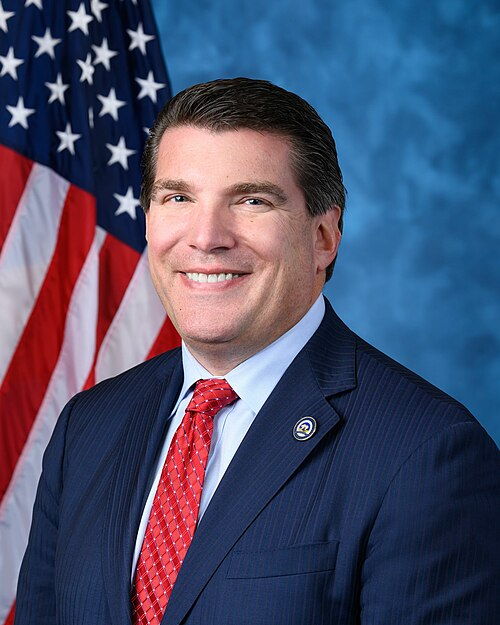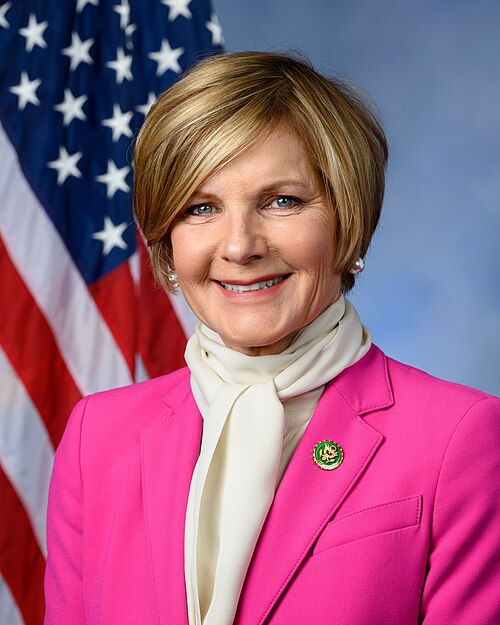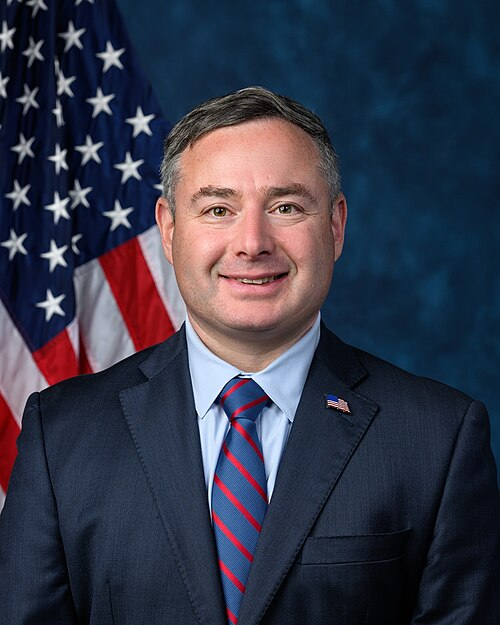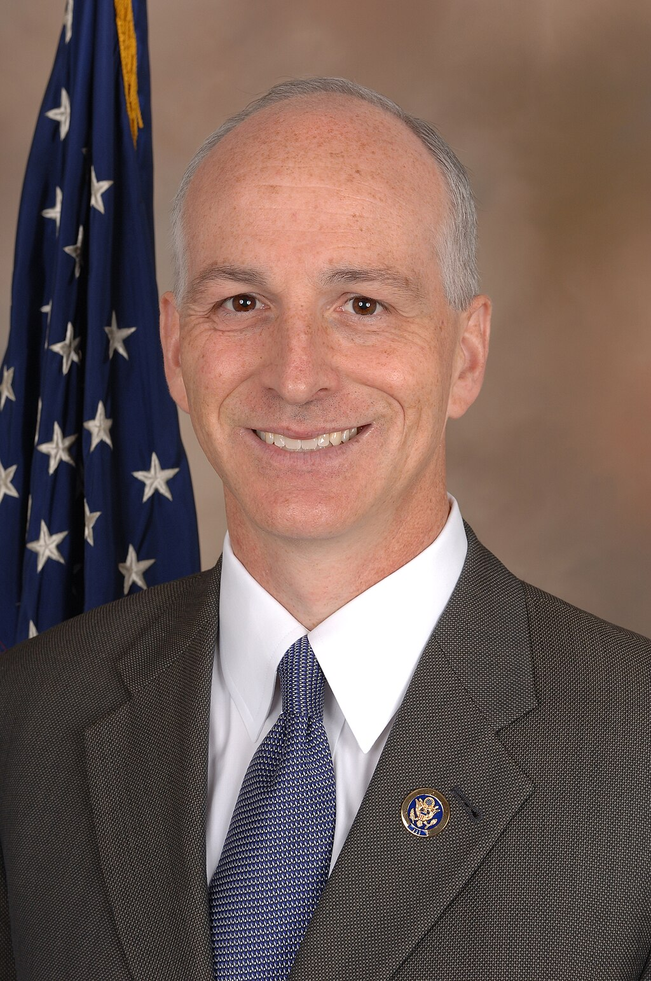H.R. 3198: Intergovernmental Critical Minerals Task Force Act
This bill, known as the Intergovernmental Critical Minerals Task Force Act, aims to enhance the United States' coordination and strategy regarding critical minerals and rare Earth metals. The primary purposes of the bill include:
Identification of Risks and Dependencies
The bill acknowledges that the current supply chains for critical minerals pose significant risks to U.S. national security. It specifically notes that the U.S. is heavily reliant on imports for many critical minerals, with China being a key supplier for many of these resources. This dependency creates vulnerabilities that could affect various sectors, including technology, transportation, and military operations.
Creation of a Task Force
The bill proposes the establishment of an intergovernmental task force. The task force's main responsibilities will involve:
- Assessing U.S. reliance on foreign critical mineral sources, particularly from China and other designated countries.
- Making recommendations to the President on policy measures to secure U.S. supply chains for critical minerals.
- Facilitating cooperation among federal, state, local, and Tribal governments to address issues related to critical minerals.
Composition of the Task Force
The task force will be led by designated officials from the President's administration, such as the Assistant to the President for National Security Affairs. It will include representatives from various federal agencies with expertise in critical mineral supply chains, as well as stakeholders from state and local governments, academic institutions, corporations, and other relevant organizations.
Meetings and Reporting
The task force is required to meet at least once every 90 days, especially after its initial meeting, which must occur within 90 days of appointing its members. The chairpersons are also required to report to designated committees in Congress about the progress and activities of the task force, including a comprehensive report detailing findings and recommendations within two years of the bill's enactment.
Study on Regulatory Landscape
The bill mandates the Comptroller General of the United States to conduct a study regarding federal and state regulations that pertain to improving domestic supply chains for critical minerals. A report will be submitted to Congress within 18 months detailing the findings of this study.
Overall Goals
The overarching aim of the bill is to strengthen the U.S. position in the global critical minerals market and reduce its reliance on foreign sources, especially those deemed as geostrategic competitors. Recommended measures will include the enhancement of domestic capabilities in mining, processing, and recycling of critical minerals and developing alternative sources to ensure a stable supply chain.
Key Definitions
The bill includes specific definitions for critical minerals, covered countries (i.e., nations viewed as competitors or adversaries in the context of critical mineral supply), and details on the roles of various stakeholders involved in the task force.
Relevant Companies
- RIOT - Riot Blockchain operates in Bitcoin mining which could see shifts in the demand for mining-related materials like cobalt and other critical minerals as policies regarding sourcing are influenced by the task force recommendations.
- FCX - Freeport-McMoRan is a leading global mining firm that extracts copper and gold, both critical minerals, and could be directly affected by new regulations and opportunities for domestic sourcing.
- NEM - Newmont Corporation focuses on gold mining and is actively engaged in the extraction of various metals that fall into critical mineral categories.
This is an AI-generated summary of the bill text. There may be mistakes.
Sponsors
3 bill sponsors
Actions
2 actions
| Date | Action |
|---|---|
| May. 05, 2025 | Introduced in House |
| May. 05, 2025 | Referred to the House Committee on Natural Resources. |
Corporate Lobbying
0 companies lobbying
None found.
* Note that there can be significant delays in lobbying disclosures, and our data may be incomplete.














